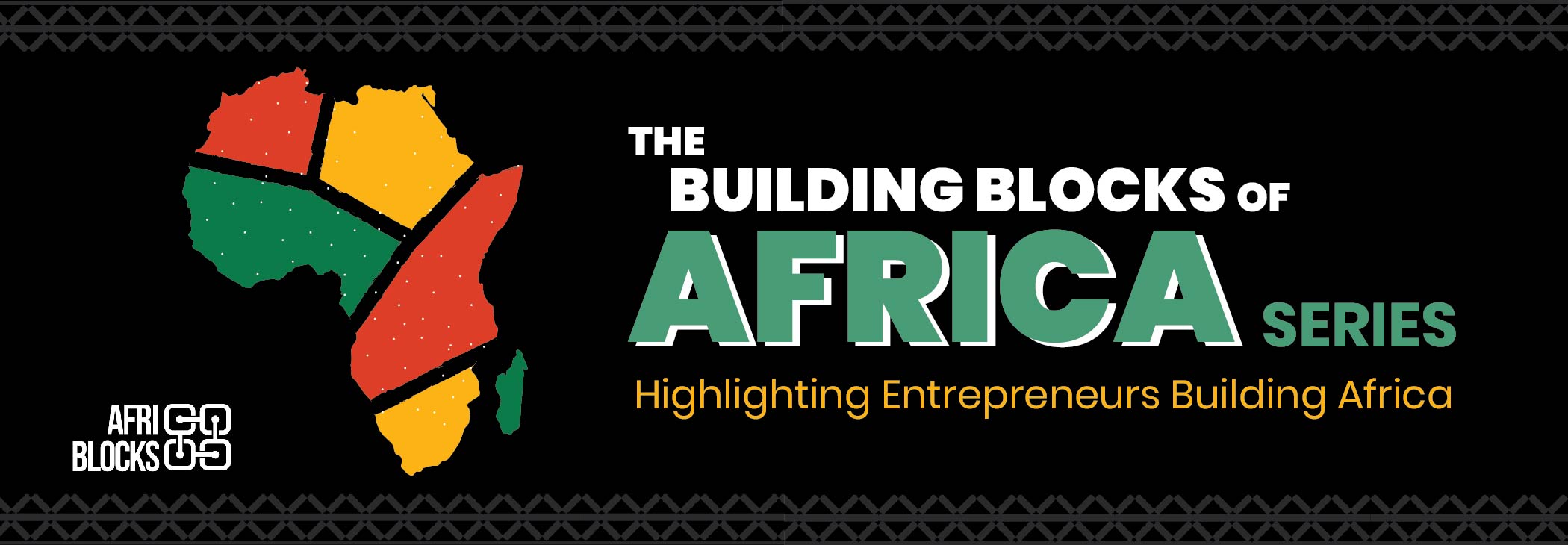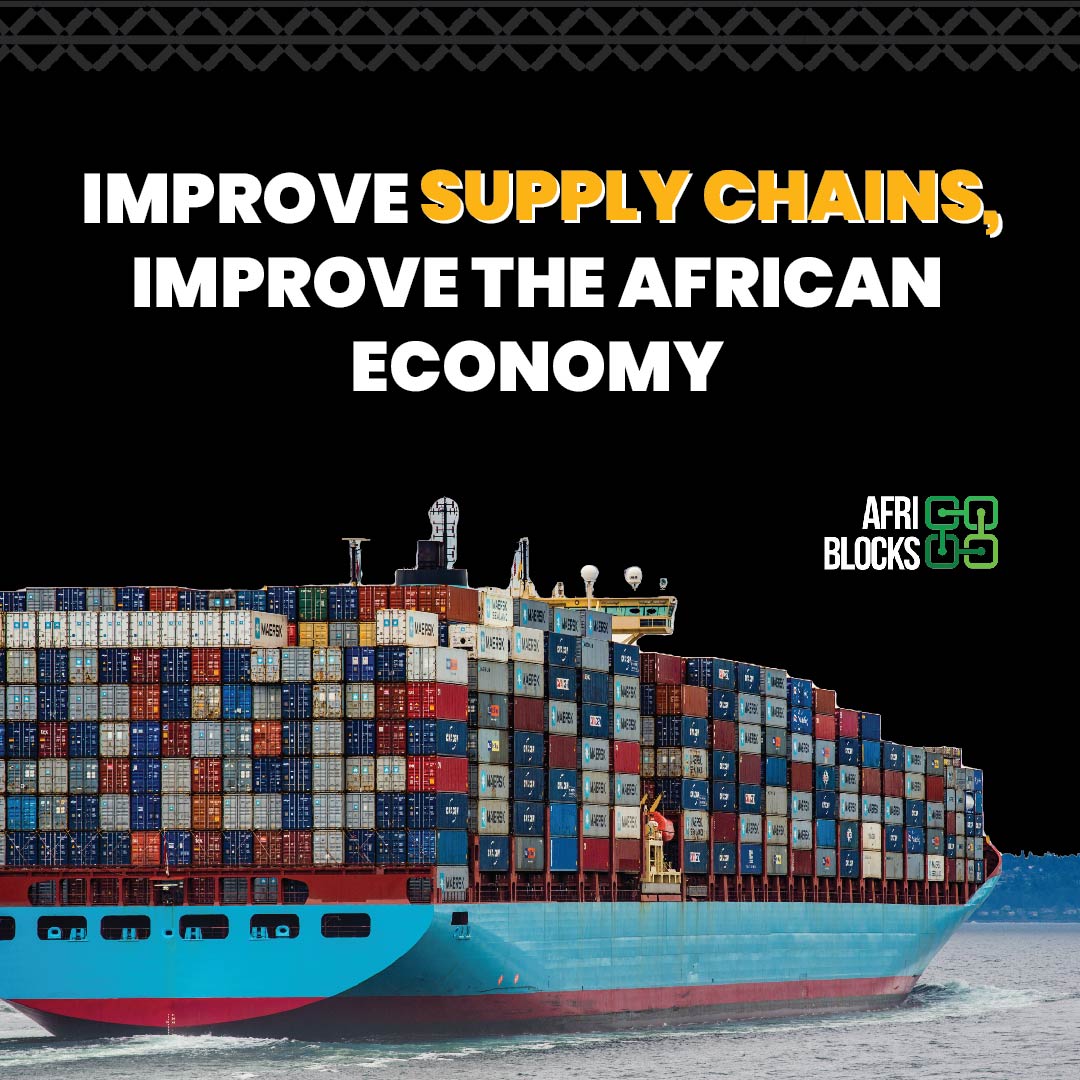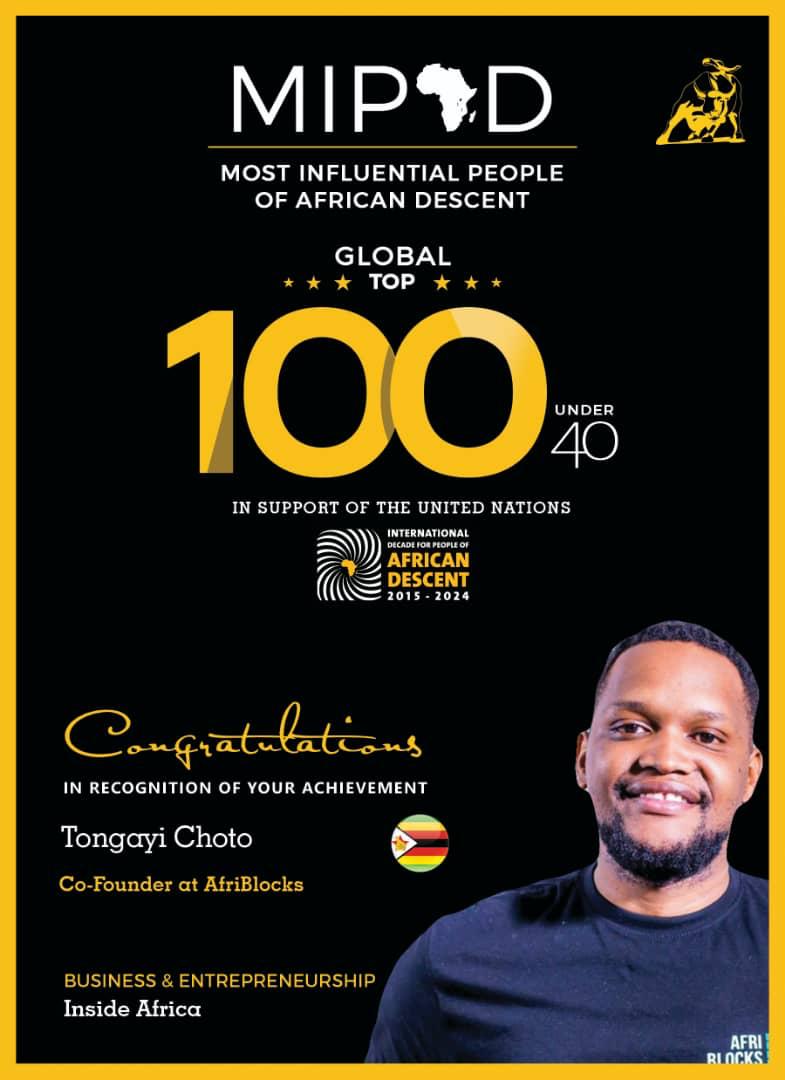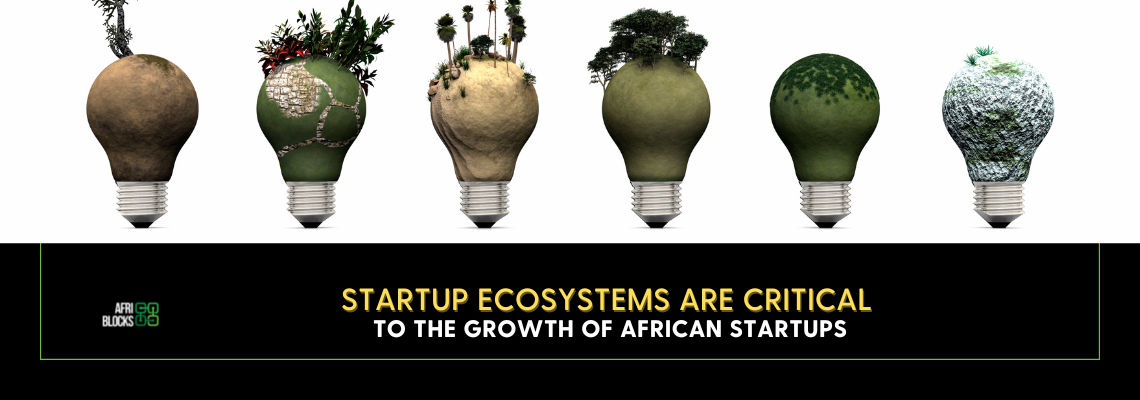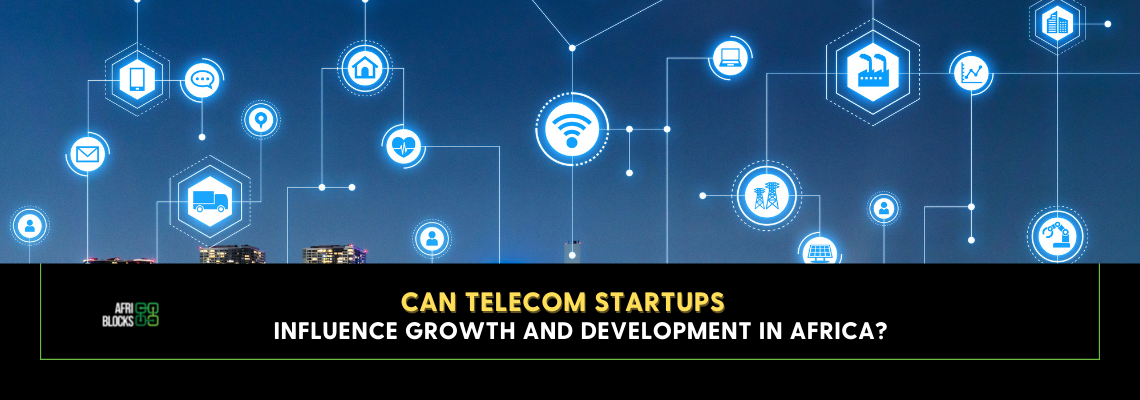
Taurai Minodawafa
The Covid-19 pandemic highlighted the need for consistent, well-equipped, and reliable healthcare services around the globe. The healthcare sector in many African countries has come under criticism, with most of the challenges that are highlighted by citizens in different countries being similar in nature. While these challenges exist and cannot be ignored, there are many startups that are working towards creating solutions to the continent’s healthcare needs.
By Kudzai Joshua Zawe
When it comes to the challenges that Africa faces when it comes to providing quality healthcare for its citizens, there are 5 main ones that cover the needs of her population. These challenges are as follows:
- Insufficient human resources mainly as a result of brain drain.
- Poorly maintained and inadequate health infrastructure.
- A lack of political will to support healthcare services which manifests through poor policies.
- Unreliable supply chains for drugs which leads to counterfeit drugs making it onto the market.
- The absence of sufficient investment and resources that are needed to support the healthcare system.
Here are some of the startups that are working in the African healthcare space to change the narrative surrounding the industry and how it serves its clientele.
Utano Health (Uganda)
Utano Health is a Ugandan health and wellness startup that has taken a different approach towards solving the health challenges faced by the African population. While most healthcare involves medicinal drugs, Utano has diverted from that path and instead applies alternative sustainable methods of looking after one’s health. Utano’s goal is to ensure that they provide their clients with the tools they need to maintain a healthy lifestyle without relying on drugs for the day to day maintenance of their health.
Most of the healthcare challenges that Utano addresses are lifestyle health issues, and these have been found to be on the rise among populations in Africa. These lifestyle related illnesses include diabetes, heart disease, obesity, and high blood pressure, among others. The startup offers their services to individuals and organizations that would like to encourage a healthy lifestyle among their employees. Studies have found that lifestyle related illnesses are one of the leading causes of low performance at work, and ensuring that these are addressed among an organization is key to improving the output of the workforce. With the Covid-19 pandemic forcing many people to start working from their homes, there is a greater chance of people leading a sedentary lifestyle which increases the chances of one suffering from some of these illnesses.
Utano offers a variety of services which include screening for lifestyle related diseases, personalized diet plans, stress management, assistance in creating a work-life balance, reversal of lifestyle related conditions where possible, personalized fitness plans, and detoxification. These personal and workplace wellness solutions that they offer have been created using scientific data and best practices to ensure that their clients receive the best possible health care. Services such as this are important because they provide a sustainable alternative to the healthcare needs of the African population. On a continent where public healthcare systems are usually associated with negative connotations, changing the way we approach healthcare may be one of the solutions that help create a healthier population across Africa.
Fleri Health (Ghana)
A startup founded by Ghanaian Sam Badoo, Fleri Health is dedicated towards providing access to quality healthcare for all. With public health facilities facing a lot of criticism for being unreliable, and with private healthcare being too expensive for the majority of people that need it, there is a gap that needs to be covered and Fleri is one such service that can fill that gap. There are several families in Africa that rely on support from the diaspora as family members have migrated to Europe, the USA and other places. A large part of the remittances that are sent to Africa are for healthcare but this comes with a number of challenges.
With private healthcare being expensive, immigrants end up having to spend a lot of money on the healthcare needs of their families back home. There is also no guarantee that the remitted funds will be used to cover the exact purpose for which they were sent. Fleri’s services allow immigrants to purchase health insurance packages for their families in Africa. When a family member is in need of healthcare, they are able to access a network of the best health services that have partnered with Fleri and expenses are cut because the family has reliable medical aid. The startup has created a network of the best services and professionals that are available to all the people that are registered for its services. There are a number of different packages available on Fleri and they are designed to suit the healthcare needs of recipients.
Fleri has the potential to bring access to quality healthcare to every corner of Africa. For people in remote areas, the service provides Telemedicine as part of its packages. This option gives patients access to the best doctors from all over the world despite their location. This is especially important in cases where there is a need for specialist care. Brain drain has resulted in there being a shortage of specialists on the continent and telemedicine can be the conduit for specialist care to all that need it.
There is a need for new and innovative solutions to address the challenges faced on the continent when it comes to healthcare, and these startups are providing these solutions in their own way. With healthcare services improving their delivery, it changes the way people approach their lives and there are wider benefits even for the economy.

